Our voices matter: Indian Americans demand action on Dallas killing
The event, United Against Violence opened with a moment of silence for Nagamallaiah, a 50-year-old motel manager who was fatally attacked on Sept. 10.
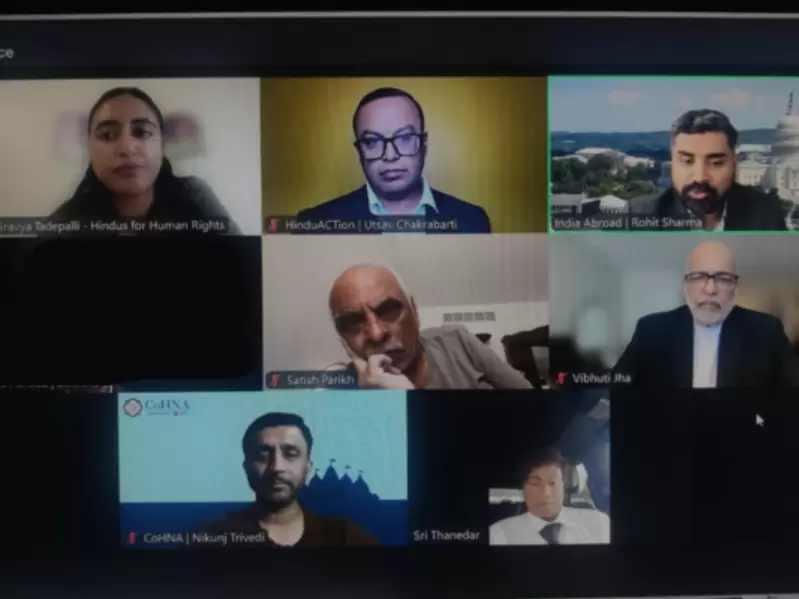 United against violence webinar by India Abroad Dialogue on sept. 22, 2025. / India Abroad
United against violence webinar by India Abroad Dialogue on sept. 22, 2025. / India Abroad
Indian American Congressman Shri Thanedar rallied the community virtually on Sept. 22 to advocate for action regarding the brutal murder of Indian immigrant Chandra Mouli Nagamallaiah in Dallas earlier this month.
“Our voices matter. It is important that we need to show our activism,” Thanedar said, speaking at the the first-of-its kind community webinar hosted by India Abroad dialogue, which was attended by advocacy groups, community leaders, and lawmakers and moderated by journalist Rohit Sharma.
Also Read: Dallas murder triggers outrage over US immigration policy
The event, United Against Violence opened with a moment of silence for Nagamallaiah, a 50-year-old motel manager who was fatally attacked on Sept. 10. Authorities said he was beheaded with a machete by a guest during a dispute, in front of his family members who tried to intervene. The incident has sparked fear and anguish in the Indian American community.
Representative Shri Thanedar emphasized the growing threat of hate crimes against immigrants and religious minorities. “We have seen an unprecedented amount of hate against Hindus, hate against immigrants, just a ton of hate,” he said. “This is not an isolated incident. We have seen attacks on our temples, on our community, and this is increasing.”
Thanedar, who serves as ranking member of the Homeland Security Oversight Committee, said he had raised the issue with federal and local agencies but added that crimes against Asian and Indian Americans often receive “a lack of importance” from law enforcement.
“We cannot be passive in this, we need to stand up and say, this is not acceptable.” he said urging every Indian American to demand action from their local lawmakers and raise awareness of such attacks.
Melanie Royer, staffer for Rep. Pat Fallon of Texas, said her office was “horrified” by the murder and pledged continued support. “We don’t necessarily have answers right now, but we value these opportunities to unite our communities. Please reach out and include congressional staff at your events. It helps us keep a pulse on the community,” she told participants.
Community leader and entrepreneur Ajay Bhutoria described Nagamallaiah as “a hard-working manager who came here chasing the American dream” and likened the killing to “an Al-Qaeda-style” attack.
He criticized the slow response from the White House, noting, “If it was a white U.S. citizen who had been killed in such a way, there would have been backlash within an hour. But when it happens to an immigrant, there is silence.” Bhutoria said
He further warned of the repercussions of the attack stating, “Today this has happened to one hotel. This can spread to many hotels. Keeping silent is not an option—we must raise our voices,” he said.
Nikunj Trivedi, president of the Coalition of Hindus of North America (CoHNA), said the crime has sent shockwaves across the community.” He warned of a growing pattern of violence against Indian immigrants citing another recent case where a Gujarati woman was shot dead during a store robbery in South Carolina.
Trivedi said CoHNA had compiled a list of temple vandalism incidents shared with lawmakers and law enforcement, warning that hate on social media can translate into real-world attacks. “We are not asking for more rights, only the same rights,” he said. “Our community must be more vocal, demand justice, and ensure such cases are prosecuted to the fullest extent of the law.”
Sravya Tadepalli from the Hindus for Human Rights highlighted the vulnerability of Indian Americans working in hotels, motels, and gas stations, describing them as “pillars of our community” who are “incredibly vulnerable to violence.”
Tadepalli also expressed dissatisfaction with the Trump administration's consistent use of the crime committed by an illegal immigrant to advocate for mass deportations. “The immigration status of someone has nothing to do with whether they will commit a violent crime,” Tadepalli said. “Our safety as an immigrant community is linked with the safety of other immigrant communities.”
Also read:Dallas murder triggers outrage over US immigration policy
In the wake of such attacks, the National Federation of Indian American Associations (NFIA) advocated for greater unity within the diaspora. “Normally we are all doing well in our own organizations and lives, but we don’t unite and we don’t share,” Satish Parikh of NFIA said.
“The only way we can have our voice heard is to share our wealth, our technical knowledge, and contribute to the local community. When we earn the respect of the local community, our voice will be stronger.” Parikh added that its chapters were actively engaging with local Congress members.
HinduAction’s executive director Utsav Chakrabarti particularly noted that online hate campaigns against Hindus in the Dallas area preceded Chanra’s killing, underscoring a “grim reality that relentless dehumanization … can escalate into real world violence.” Our community gives big bucks to temples,” said Atlanta-based leader Subash Razdan. “Temples should designate liaison officers to connect with lawmakers. That’s how we build a network of influence.”
New York-based Vibhuti Jha called the killing a “beheading,” likening it to terrorist violence. He urged temples and cultural associations to break their silence. “Condemnation is not political. If 800 Indian associations raised their voice, it would send a strong message,” he said
Geeta Sikand of Americans for Hindus, a political action committee, agreed: “We are enraged. The next step must be a united statement that the security of Indian and Hindu Americans is non-negotiable.”
Texas-based Arun, another panelist, cautioned that the crime must be fully investigated. “We need to know if this was simply a conflict between staff and manager or something deeper,” he said. “If the culprit targeted him because he was Indo-American, then that is the lesson for us: we must ensure our community is not seen as a soft target.”
Renu Rajvanshi Gupta from Ohio echoed the call for accountability. “Something like this happened, we have to make the temples accountable,” she said. “American Hindus are being treated as orphans, easy targets. Local action must be taken first, and then we can push nationally.
Event host and journalist Rohit Sharma said the initiative of India Abroad would grow. “This is the first of many dialogues,” he said. “From technology to trade to social issues, the goal is to create a non-partisan platform where every voice is heard.”
Speakers throughout the program urged solidarity, vigilance, and stronger engagement with lawmakers and law enforcement. Many echoed the need for better protections for temples, businesses, and working-class Indian immigrants, who remain at the frontlines of violence and discrimination.



1749497506.png) Malvika Choudhary
Malvika Choudhary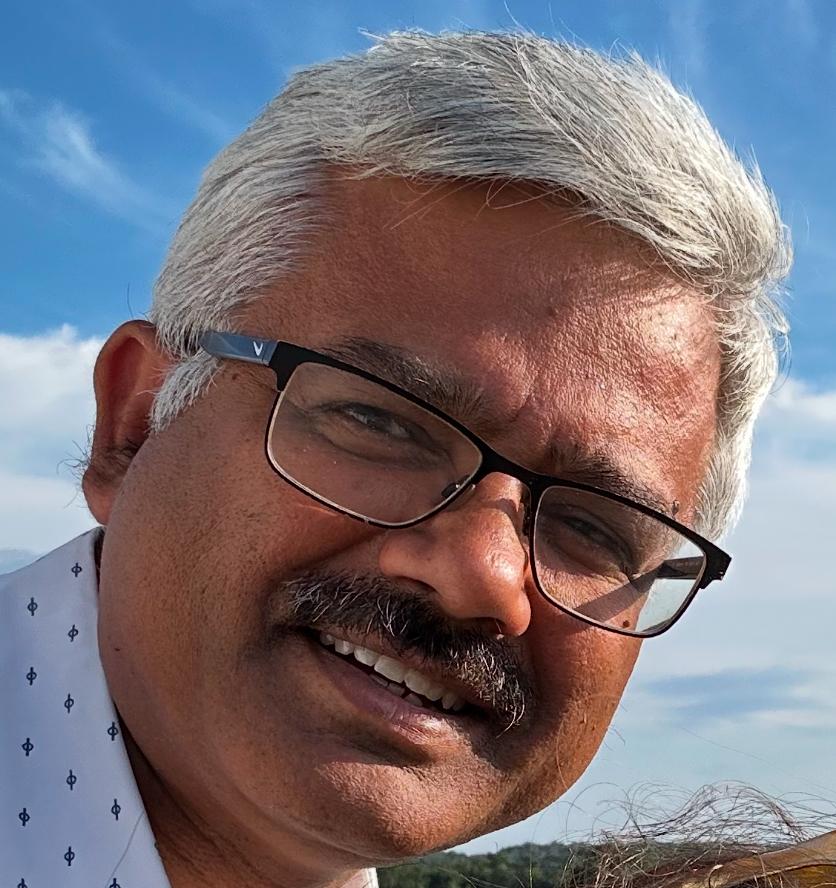 Lalit K Jha (5WH)
Lalit K Jha (5WH)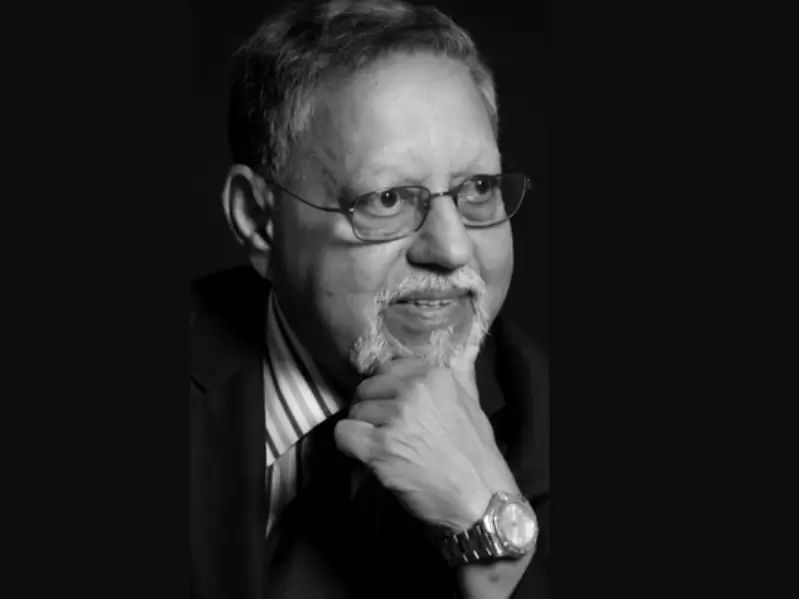

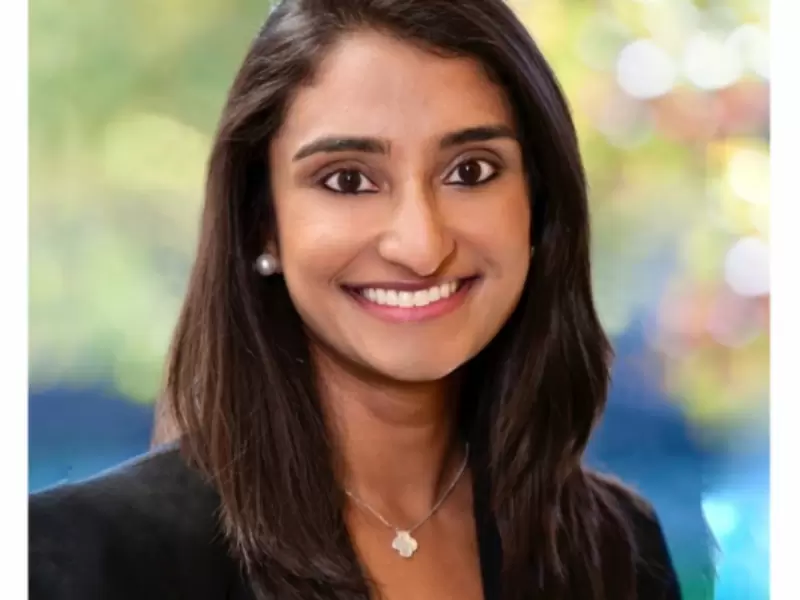
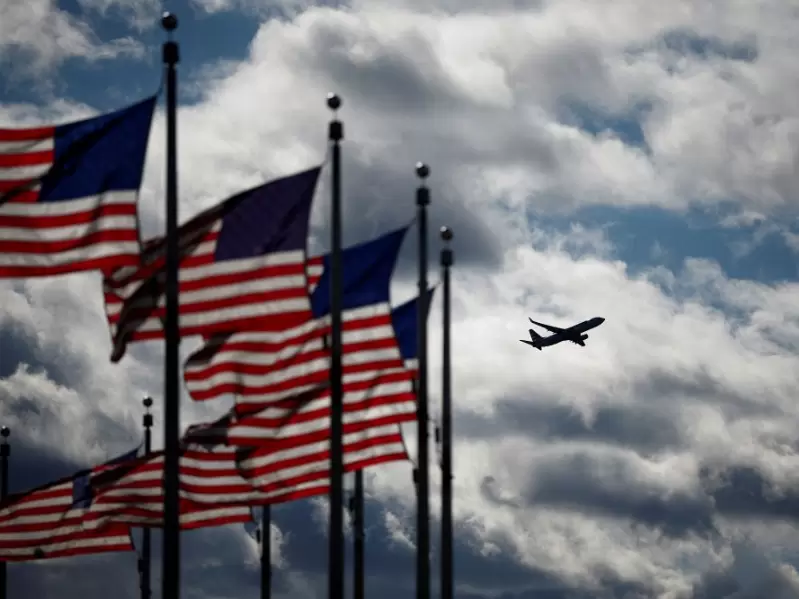
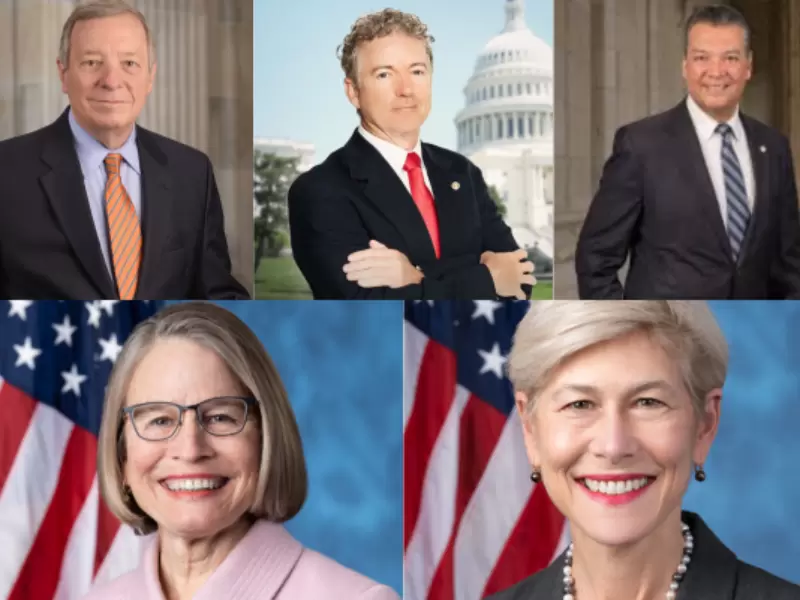
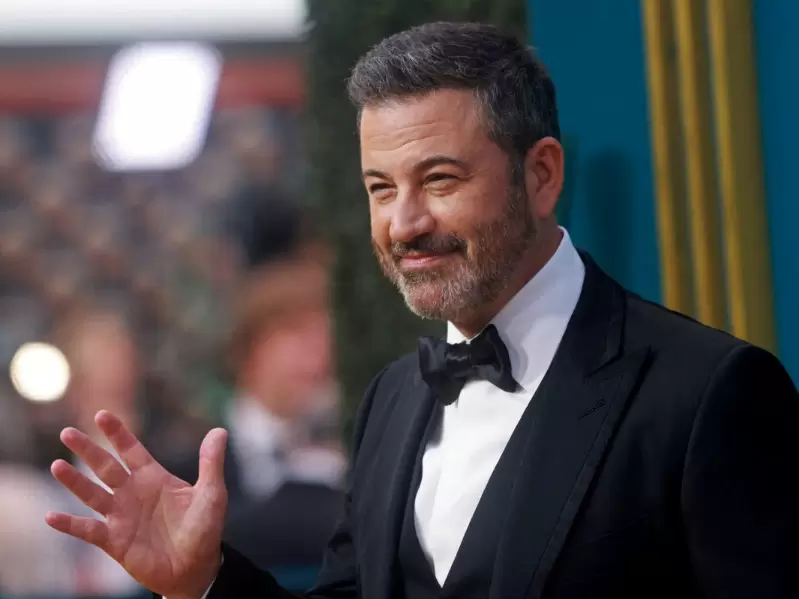








.jpg)

Comments
Start the conversation
Become a member of New India Abroad to start commenting.
Sign Up Now
Already have an account? Login